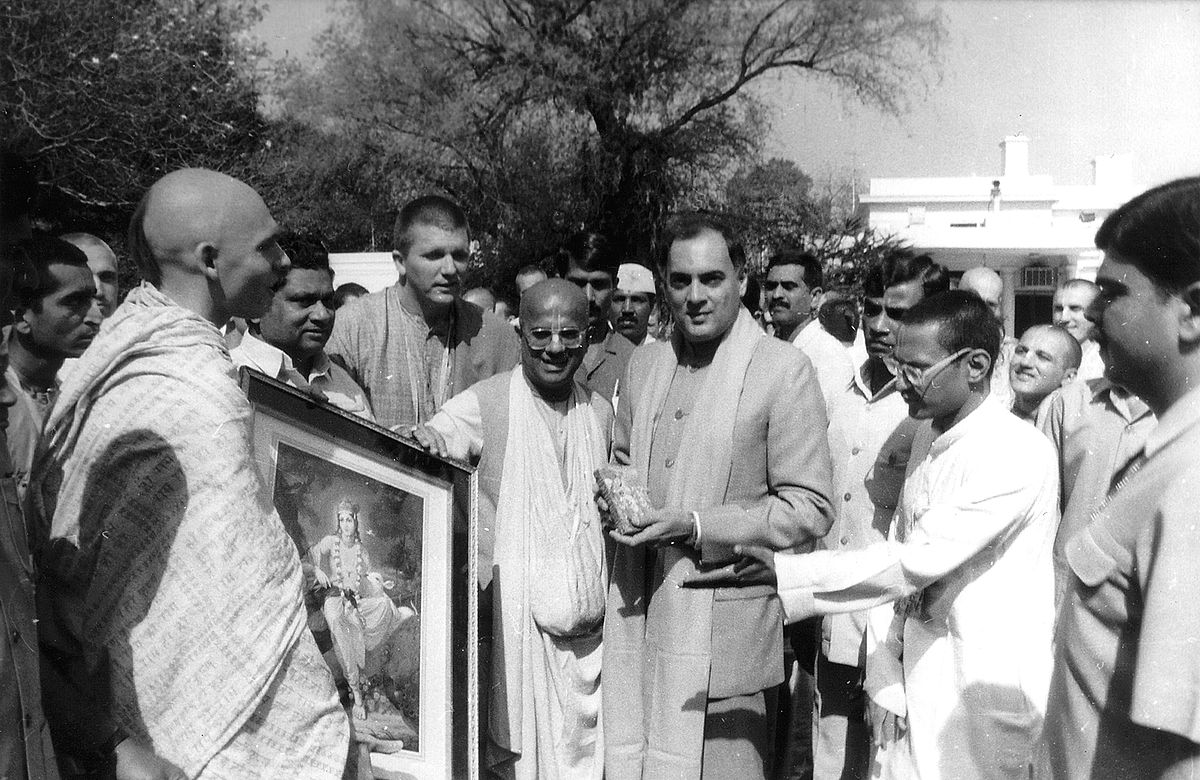
Rajiv Gandhi Administration
IndiaFollowing the assassination of Indira Gandhi, the Congress party selected her elder son, Rajiv Gandhi, as the next Prime Minister of India. Despite being a relative newcomer to politics, having been elected to Parliament in 1982, Rajiv Gandhi's youth and lack of political experience were viewed positively by a populace weary of the inefficiency and corruption often associated with seasoned politicians. His fresh perspective was seen as a potential solution to India's longstanding challenges. In the subsequent parliamentary elections, capitalizing on the sympathy generated by his mother's assassination, Rajiv Gandhi led the Congress party to a historic victory, securing over 415 seats out of 545.
Rajiv Gandhi's tenure as Prime Minister was marked by significant reforms. He relaxed the License Raj, a complex system of licenses, regulations, and accompanying red tape that was required to set up and run businesses in India. These reforms reduced government restrictions on foreign currency, travel, foreign investment, and imports, thus allowing greater freedom for private businesses and attracting foreign investments, which, in turn, bolstered India's national reserves.
Under his leadership, India's relationship with the United States improved, leading to increased economic aid and scientific cooperation. Rajiv Gandhi was a strong proponent of science and technology, which led to significant advancements in India's telecommunications industry and space program, and laid the foundation for the burgeoning software industry and information technology sector.
In 1987, Rajiv Gandhi's government brokered an agreement with Sri Lanka to deploy Indian troops as peacekeepers in the ethnic conflict involving the LTTE. However, the Indian Peace Keeping Force (IPKF) became embroiled in violent confrontations, eventually fighting the Tamil rebels they were meant to disarm, leading to significant casualties among Indian soldiers. The IPKF was withdrawn in 1990 by Prime Minister V. P. Singh, but not before thousands of Indian soldiers had lost their lives.
However, Rajiv Gandhi's reputation as an honest politician, earning him the nickname "Mr. Clean" from the press, suffered a severe blow due to the Bofors scandal. This scandal involved allegations of bribery and corruption in defense contracts with a Swedish arms manufacturer, undermining his image and raising questions about governmental integrity under his administration.
